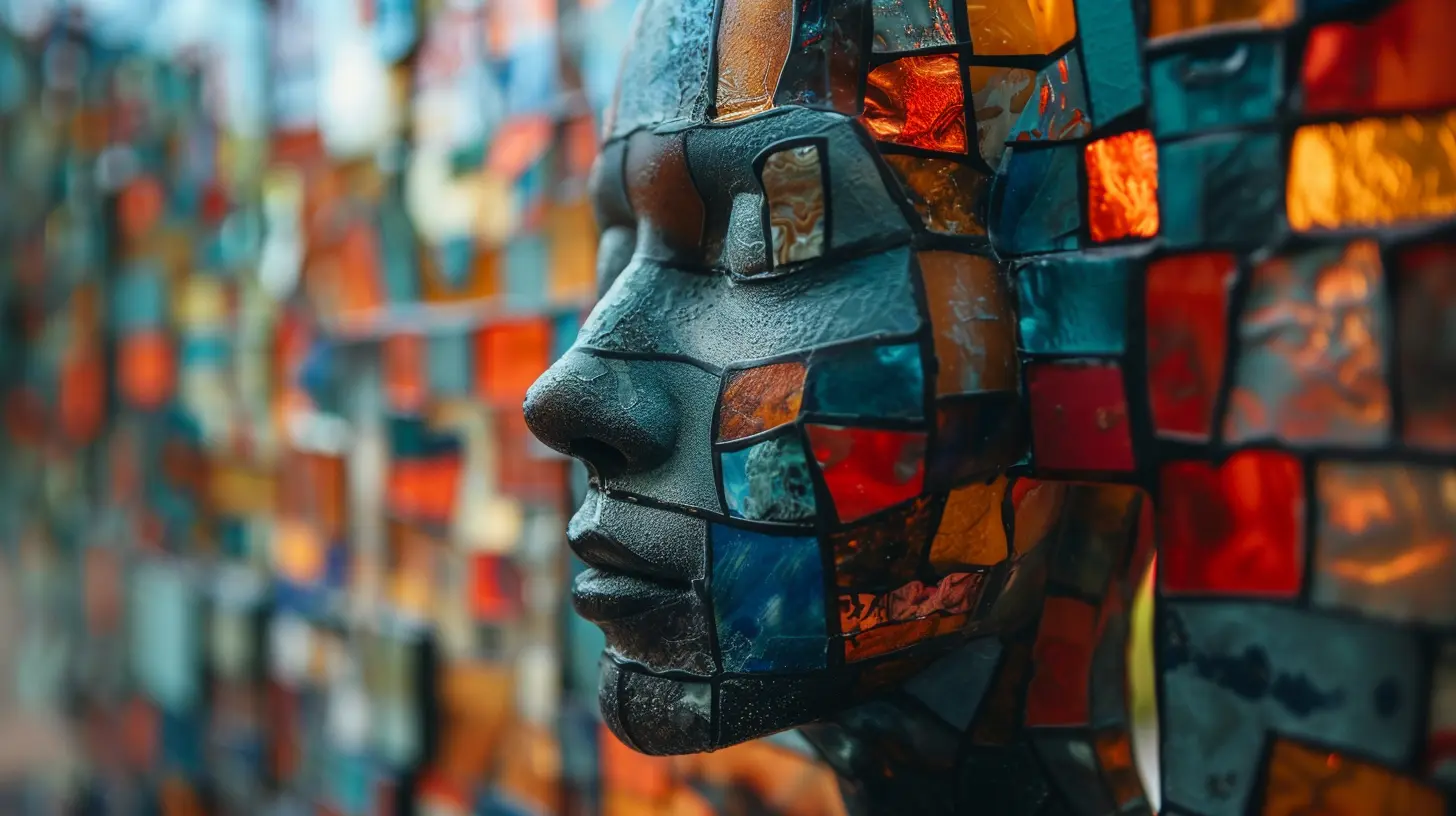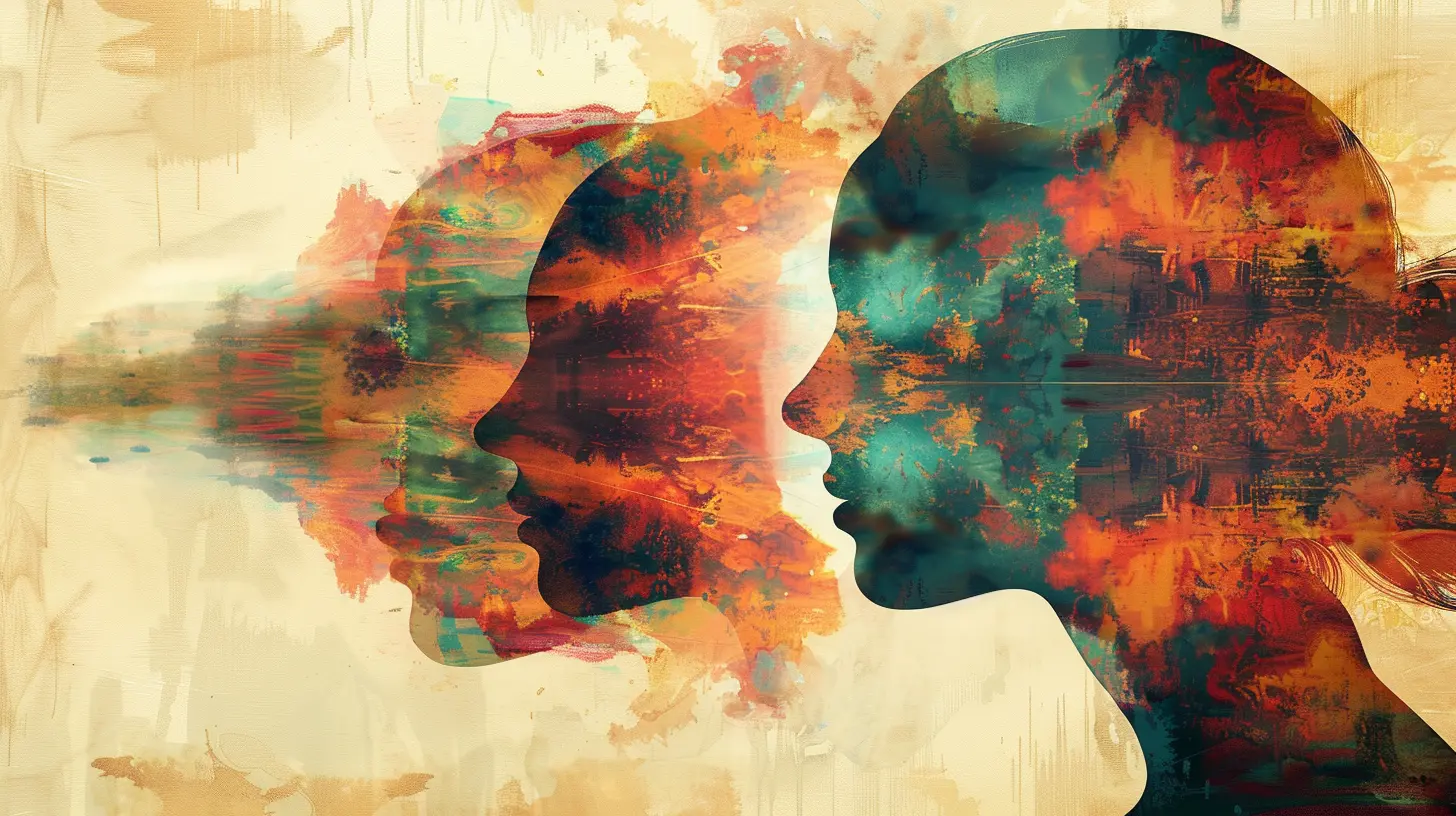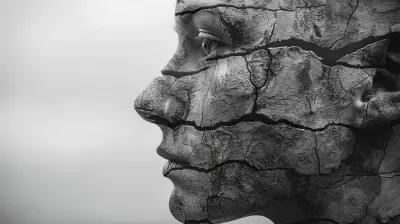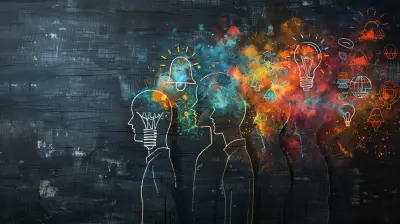3 January 2025
When we think about psychotherapy, we often imagine a one-size-fits-all approach—like a universal key that can unlock any door. But just like people vary in their personalities, experiences, and backgrounds, so too do their responses to therapy. And guess what? Culture plays a massive role in shaping how therapy is perceived, experienced, and ultimately, whether it works.
In this article, we're going to take a deep dive into the crossroads of culture and psychotherapy. We’ll explore how cultural factors influence both therapists and clients, the challenges this presents, and why understanding these nuances is essential for effective treatment. Buckle up because this journey might just change the way you think about therapy!
What Do We Mean by "Culture"?
Before we dive into how culture affects psychotherapy, let’s first get on the same page about what "culture" actually means. Culture goes beyond just race or ethnicity. It encompasses a whole range of factors, including:- Religion
- Language
- Traditions
- Values
- Social norms
- Historical context
All of these shape how individuals see the world, themselves, and even their mental health. Culture isn't just the backdrop; it's the lens through which we interpret everything—including therapy.
Why Culture Matters in Psychotherapy
You might be thinking, "Therapy is just talking, right? Why does culture matter?" Well, it's not that simple. Just like how you wouldn’t wear winter clothes in the middle of summer, you can’t expect therapy to work if it doesn’t fit the client’s cultural context.Cultural Sensitivity in Therapy
Imagine going to a therapist who doesn't understand your background. You open up about your struggles, and they respond with advice that feels foreign or even offensive. That’s like being handed a map in a language you can’t read. Cultural sensitivity means that a therapist is aware of and respects the client’s cultural background. This is crucial because:- It builds trust: Clients are more likely to open up if they feel understood.
- It avoids misunderstandings: Misinterpretation of cultural norms can lead to ineffective or even harmful treatment.
- It tailors treatment: Therapists can adapt their methods to better suit the client’s worldview, making therapy more effective.
But it’s not just about avoiding mistakes. Cultural sensitivity can also enhance therapy by unlocking new avenues for healing that might not be obvious in a more “standard” approach.
The Therapist's Role: Cultural Competence
So, how does a therapist become more culturally aware? Enter the concept of cultural competence. This isn’t just about having knowledge of different cultures—it’s about actively incorporating that understanding into practice. A culturally competent therapist will:1. Ask questions: Instead of assuming, they’ll inquire about the client’s beliefs, values, and worldview.
2. Avoid stereotypes: They recognize that culture is complex and that no two individuals from the same cultural background are identical.
3. Stay open-minded: A good therapist is always learning and growing. They’re aware that cultural competence is an ongoing process, not a one-time achievement.
But it’s not just on the therapist. Clients also carry their cultural baggage into the room, sometimes without even realizing it.
Cultural Barriers in Psychotherapy
Let’s not sugarcoat it—there are some real challenges when it comes to the intersection of culture and therapy. These hurdles can make it difficult for clients from certain cultural backgrounds to access or benefit from psychotherapy.Stigma and Mental Health
In some cultures, mental health is still a taboo topic. For instance, in many collectivist societies, where family and community take precedence over the individual, seeking therapy can be seen as shameful or a sign of weakness. If you're from one of these backgrounds, therapy might feel like airing your dirty laundry in public—something you’d rather avoid.Language Barriers
Therapy is all about communication, right? So, what happens if the client and therapist don’t speak the same language? Even if they do, subtle nuances can get lost in translation. For example, certain emotions or experiences might not have direct equivalents in other languages, making it hard to express exactly how one feels.Mistrust of the System
For some communities—especially those that have faced historical trauma or systemic discrimination—there’s a deep-rooted mistrust of healthcare providers, including therapists. This can make people reluctant to seek help, even when they need it.Bridging the Gap: Culturally Adapted Therapy
So, how do we bridge these cultural gaps? One promising approach is culturally adapted therapy. This involves tweaking traditional therapy models to better fit the cultural context of the client. Think of it like customizing a suit; the general shape is the same, but it’s tailored to fit the individual perfectly.Incorporating Cultural Practices
In some cases, therapists may integrate elements of a client’s cultural or spiritual practices into the treatment. For example, mindfulness-based practices like meditation, which have roots in Eastern philosophy, are now widely used in Western psychotherapy. By incorporating culturally relevant practices, therapy can feel more authentic and relatable to the client.Using Metaphors and Language
A therapist might also use metaphors or stories that resonate with the client’s cultural background. If you’re from a farming community, for instance, a therapist could use agricultural metaphors to explain psychological concepts. This kind of adaptation makes therapy not only more accessible but also more meaningful.Case Studies: Culture Meets Psychotherapy
To really understand the impact of culture on therapy, let’s look at a couple of real-world examples.Example 1: Therapy in an Indigenous Community
In many Indigenous communities, mental health is viewed holistically, encompassing the mind, body, spirit, and environment. Traditional psychotherapy, which often focuses on the individual, might not address the communal aspects of healing that are important in these cultures.In one case study, therapists working with Indigenous clients adapted their approach to include group therapy sessions that involved community leaders and elders. They also included spiritual practices like smudging and drumming, which helped clients feel more connected to their culture and, as a result, more open to the therapeutic process.
Example 2: Therapy with First-Generation Immigrants
First-generation immigrants often face unique challenges, including the stress of adapting to a new culture while maintaining a connection to their heritage. In one case, a therapist working with a first-generation immigrant client from a collectivist culture focused on family dynamics as a central theme in therapy. Instead of encouraging individual autonomy (which might be more common in Western therapy), the therapist helped the client navigate family relationships and obligations, making the therapy more culturally relevant.The Future: A More Inclusive Approach to Therapy
As our world becomes more interconnected, therapists will increasingly find themselves working with clients from diverse cultural backgrounds. This is a good thing! It pushes the field of psychotherapy to grow and adapt, becoming more inclusive and effective in the process.Training and Education
To meet this challenge, more emphasis is being placed on training therapists in cultural competence. Many psychology programs now include courses on multicultural counseling, and therapists are encouraged to seek out continuing education opportunities that focus on the intersection of culture and therapy.Expanding Access
We also need to focus on expanding access to culturally competent therapy. This means not only training more therapists in cultural sensitivity but also making therapy more affordable and accessible to underserved communities. Teletherapy, for instance, has opened up new possibilities for reaching clients who might otherwise have limited access to mental health care.Conclusion
The intersection of culture and psychotherapy is a complex but fascinating space. Culture shapes how clients view therapy, how they experience mental health, and even how they heal. For therapy to be effective, it has to take these cultural nuances into account.It’s clear that one-size-fits-all therapy just doesn’t cut it. By embracing cultural diversity and adapting therapeutic practices, we can create more inclusive, effective, and compassionate care for everyone. After all, therapy is about healing—and there’s no one right way to heal.










Diana McKenzie
Culture shapes our minds and hearts—understanding this intersection in psychotherapy is crucial. As we unravel diverse narratives, we empower healing and foster authentic connections, proving that mental health isn't just personal, but profoundly collective and culturally rich.
February 5, 2025 at 4:01 AM